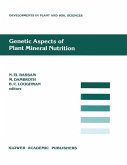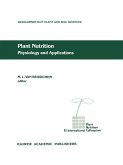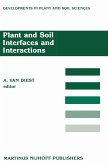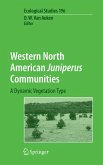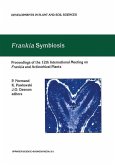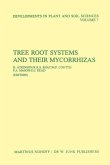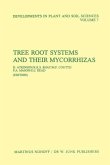The fifth meeting of scientists working with Frankia and actinorhizal plants was held at Montmorency Forest of Laval University in Quebec from August 6-8, 1984. Results of research presented at the meeting are included in this special volume of Plant and Soil. The understanding of actinorhizal systems continue to increase, though work and use shops and discussions at this and similar meetings make it evident that this important subject remains open for fruitful investigation at all levels. Some important 'firsts' were reported at this meeting. The first extensive survey of Frankiae and their host specificity ranges from Asia was presented. This is of significance since Asia is a center of diversity for many actinorhizal host plant genera. A report that proto plasts of Frankia have been produced and regenerated for the first time improves the possibility for genetic manipulation of Frankia. It is also important to note the first report herein of successful mass inoculation of actinorhizal plants commercially for stabilization and reclamation of disturbed soils around hydroelectric power projects in Quebec. This heralds the transfer of actinorhizal technology to private and public users. The bacterial genus Frankia is easily recognized both in vivo and in vitro, and isolation of this organism has become routine. But, as yet, there are not sufficient biochemical, morphological, or anatomical criteria for establishing species.
Bitte wählen Sie Ihr Anliegen aus.
Rechnungen
Retourenschein anfordern
Bestellstatus
Storno


